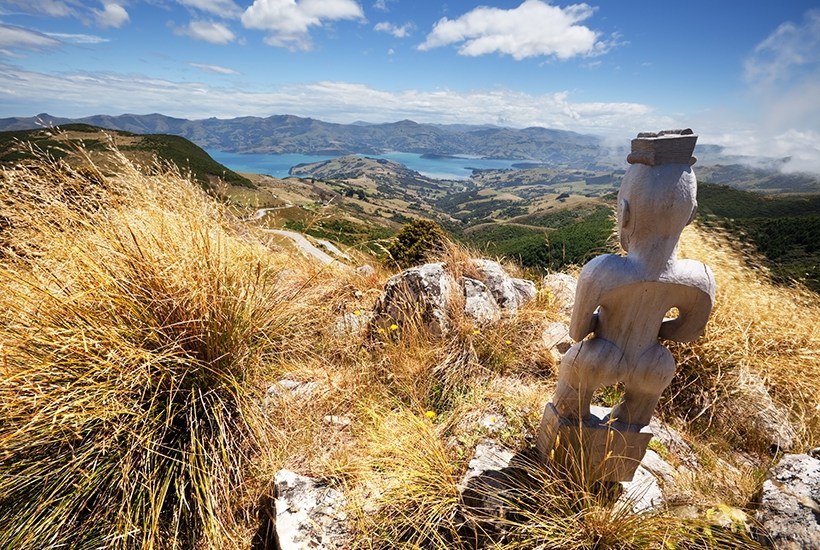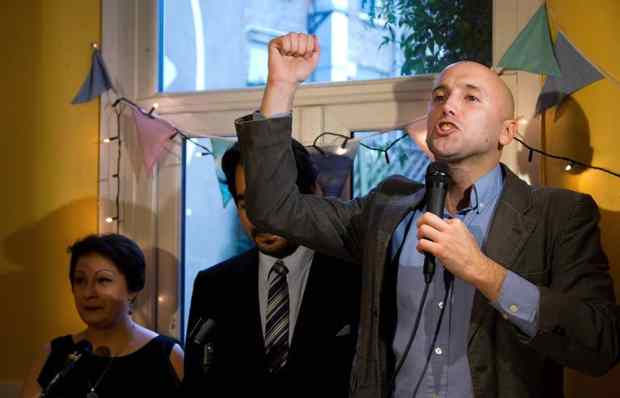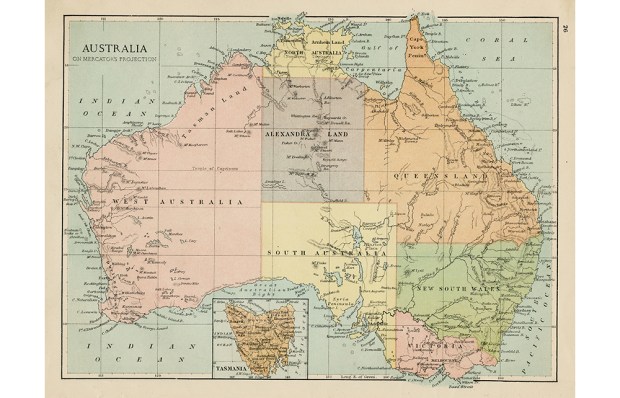As a defender of free speech, I sometimes feel like a man falling through a collapsing building. Just when you think you’ve finally reached rock bottom, the floor gives way again. That was my sensation last week when I read about the disciplinary investigation of Professor Garth Cooper by the Royal Society of New Zealand.
For background, Professor Cooper is about as eminent as you can get in his field. He is professor of biochemistry and clinical biochemistry at the University of Auckland, where he also leads the Proteomics and Biomedicine Research Group. He’s principal investigator in the Maurice Wilkins Centre of Research Excellence for Molecular Biodiscovery, a member of the Endocrine Society (USA), and he was elected a Fellow of the Academy of Medical Sciences (UK) in 2013.
So why is this distinguished scientist at risk of being expelled from New Zealand’s most prestigious academic society? Several months ago he was one of seven signatories to a letter in the New Zealand Listener that took issue with a proposal by a government working group that schools should give the same weight to Maori mythology as they do to science in the classroom. That is, the Maori understanding of the world — that all living things originated with Rangi and Papa, the sky mother and sky god, for instance — should be presented as just as valid as the theories of Galileo, Newton and Darwin.
The authors of the letter, ‘In Defence of Science’, were careful to say that indigenous knowledge was ‘critical for the preservation and perpetuation of culture and local practices, and plays key roles in management and policy’ and should be taught in New Zealand’s schools. But they drew the line at treating it as on a par with physics, chemistry and biology: ‘In the discovery of empirical, universal truths, it falls far short of what we can define as science itself.’
In a rational world, this letter would have been regarded as uncontroversial. Surely the argument about whether to teach schoolchildren scientific or religious explanations for the origins of the universe and the ascent of man was settled by the Scopes trial in 1925? Apart from the obvious difficulty of prioritising one religious viewpoint in an ethnically diverse society like New Zealand (what about Christianity, Islam and Hinduism?), there is the problem that Maori schoolchildren, already among the least privileged in the country, will be at an even greater disadvantage if their teachers patronise them by saying there’s no need to learn the rudiments of scientific knowledge. Knowing about Rangi and Papa won’t get you into medical school.
But the moment this letter was published all hell broke loose. The views of the authors, who were all professors at Auckland, were denounced by the Royal Society, the New Zealand Association of Scientists, and the Tertiary Education Union, as well as by their own vice-chancellor, Dawn Freshwater. In a hand-wringing, cry-bullying email to all staff at the university, she said the letter had ‘caused considerable hurt and dismay among our staff, students and alumni’ and said it pointed to ‘major problems with some of our colleagues’.
Two of Professor Cooper’s academic colleagues, Dr Siouxsie Wiles and Dr Shaun Hendy, issued an ‘open letter’ condemning the heretics for causing ‘untold harm and hurt’. They invited anyone who agreed with them to add their names to the ‘open letter’, and more than 2,000 academics duly obliged. Before long, five members of the Royal Society had complained and a panel was set up to investigate.
The witch-finders disregarded several principles of natural justice in their prosecutorial zeal. For instance, two members of the three-person panel turned out to be signatories of the ‘open letter’ denouncing Professor Cooper so had to be replaced. In addition, all five complainants were anonymous and when the Society asked them to identify themselves, three fell by the wayside. But two remain and the investigation is proceeding apace, with a newly constituted panel.
It’s not too late to save the professor. Letters from members of our own Royal Society, or any distinguished academics in the sciences and humanities, pointing out the absurdity of punishing a scientist for engaging in debate about the validity of science will help. You can email Roger Ridley, the chief executive, at roger.ridley@royalsociety.org.nz. Remember, the only thing necessary for the triumph of intellectual intolerance is for believers in free speech to do nothing.
Got something to add? Join the discussion and comment below.
Get 10 issues for just $10
Subscribe to The Spectator Australia today for the next 10 magazine issues, plus full online access, for just $10.
You might disagree with half of it, but you’ll enjoy reading all of it. Try your first month for free, then just $2 a week for the remainder of your first year.















Comments
Don't miss out
Join the conversation with other Spectator Australia readers. Subscribe to leave a comment.
SUBSCRIBEAlready a subscriber? Log in